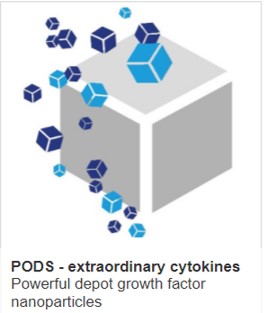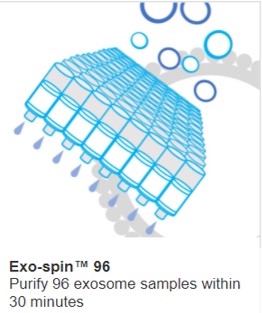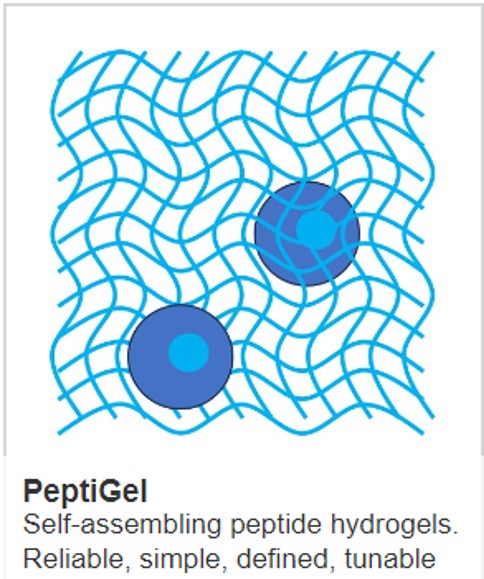Can Natural Killer EVs treat cancer?

Natural killer (NK) cells are part of the innate immune system and can identify and destroy cancer cells without prior sensitization to specific targets. These lymphocytes act as the body's first line of defense, using specialized receptors to distinguish between healthy and abnormal cells.
When NK cells encounter cancer cells, they release toxic granules containing proteins like perforin and granzymes, which create pores in the target cell's membrane and trigger programmed cell death. However, despite their potential, using NK cells directly in therapy faces challenges including limited tumor infiltration and short survival times in the body.
NK Cell-Derived Extracellular Vesicles
All cells, including immune cells generate extracellular vesicles . These tiny, membrane-bound packages are naturally released by all cells and contain an “essence” of the cells. NK extracellular vesicles (NK-EVs) specifically carry the same cancer-fighting proteins and genetic material as their parent NK cells. So rather than using NK cells for therapy, researchers are developing NK-EVs.
NK-EVs offer several advantages over whole cell therapy. Their small size (30-150 nanometers for exosomes) may allow them to more easily penetrate tumor tissue and reach cancer cells that might be inaccessible to larger therapeutic agents. Additionally, they're non-immunogenic, safe, and can be engineered to carry additional therapeutic cargo, such as chemotherapy drugs or genetic material.
Promising Research Results
Some recent studies have shown promising results. Research by Aarsund and colleagues demonstrated that NK-EVs showed anti-tumor activity against various cancer types, including breast, colon, ovarian, and brain cancers. In another study, IL-15-treated NK-EVs showed enhanced cytotoxic activity against glioblastoma, breast cancer, and thyroid cancer cell lines.
The versatility of NK-EVs extends beyond direct cancer cell killing. These vesicles can also modulate the tumor microenvironment, converting cancer-promoting immune cells into cancer-fighting ones to enhance the overall immune response. This dual modality may make them particularly effective against solid tumors, which have traditionally been difficult to treat with immunotherapy.
Production and Clinical Translation
Manufacturing NK-EVs for clinical use requires sophisticated approaches. Researchers have developed bioreactor systems that can continuously produce these therapeutic vesicles under controlled conditions. Various stimulation methods, including cytokine treatment and stress induction, can enhance both the quantity and quality of NK-EVs produced.
The Road Ahead
While NK-EVs show tremendous promise, challenges remain. Large-scale production, standardization of potency testing, and optimization of delivery methods are active areas of research. However, the potential to combine NK-EVs with existing therapies like checkpoint inhibitors or CAR-T cells could revolutionize cancer treatment.
As the cancer research field moves toward more personalized and targeted cancer therapies, NK-EVs may represent a significant step forward. Their ability to deliver precise, effective treatment while minimizing side effects positions them as a promising tool in the ongoing fight against cancer. The therapeutic potential of NK-EVs represents a novel and innovative development in cancer immunotherapy. With continued research and development, these tiny therapeutic packages may soon offer new hope to cancer patients worldwide.
Further reading:
IMAGE Exosomes digital art CREDIT Bigstock



